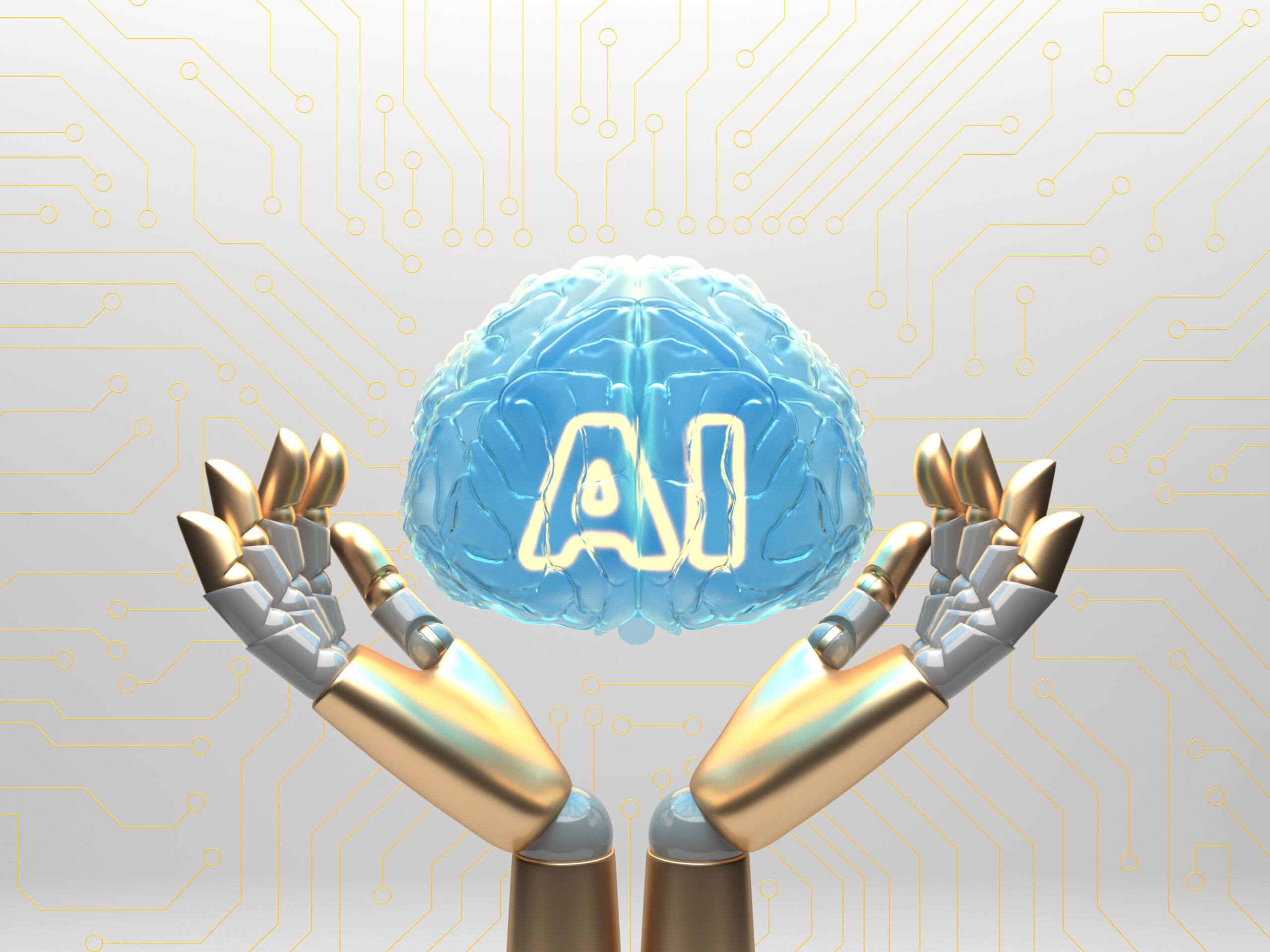What is Artificial Intelligence?
At its core, AI involves creating machines and systems that can perform tasks that typically require human intelligence, such as learning, problem-solving, and decision-making. This is achieved through various techniques, including machine learning, deep learning, and natural language processing.AI is already making a significant impact in many sectors:
-
Healthcare:
AI algorithms are used for disease diagnosis, drug discovery, and personalized medicine.
-
Transportation:
Self-driving cars and autonomous transportation systems are on the horizon, promising increased safety and efficiency.
-
Finance:
AI is used for fraud detection, algorithmic trading, and risk assessment.
-
Customer Service:
Chatbots and virtual assistants powered by AI are providing 24/7 customer support.
-
Content Creation:
AI is being used to generate blog posts, social media content, and other forms of digital content.
ARTIFICIAL INTELIGENCE
The Future of AI
As AI technology continues to advance, we can expect to see even more transformative applications:
-
AI-powered robots:
Robots will play an increasingly important role in various industries, from manufacturing to healthcare.
-
Personalized education:
AI can tailor learning experiences to individual student needs and learning styles.
-
Smart cities:
AI can optimize traffic flow, manage energy consumption, and improve urban planning.
-
AI-driven scientific discovery:
AI can accelerate scientific research and discovery in fields like medicine, materials science, and climate change.
Ethical Considerations
As AI becomes more powerful, it's crucial to address ethical concerns:
- Bias in algorithms: AI systems can perpetuate existing biases if they are trained on biased data.
- Job displacement: Automation driven by AI could lead to job losses in certain sectors.
- Privacy concerns: AI systems that collect and analyze personal data raise privacy concerns.
- Accountability: Determining who is responsible when AI systems make errors or cause harm is a complex issue.
- Artificial intelligence is a field of science concerned with building computers and machines that can reason, learn, and act in such a way that would normally require human intelligence or that involves data whose scale exceeds what humans can analyze.
Conclusion
AI has the potential to revolutionize our world, but it's important to approach its development and deployment responsibly and ethically. By focusing on the benefits of AI while addressing its potential risks, we can harness its power to create a better future for all.
